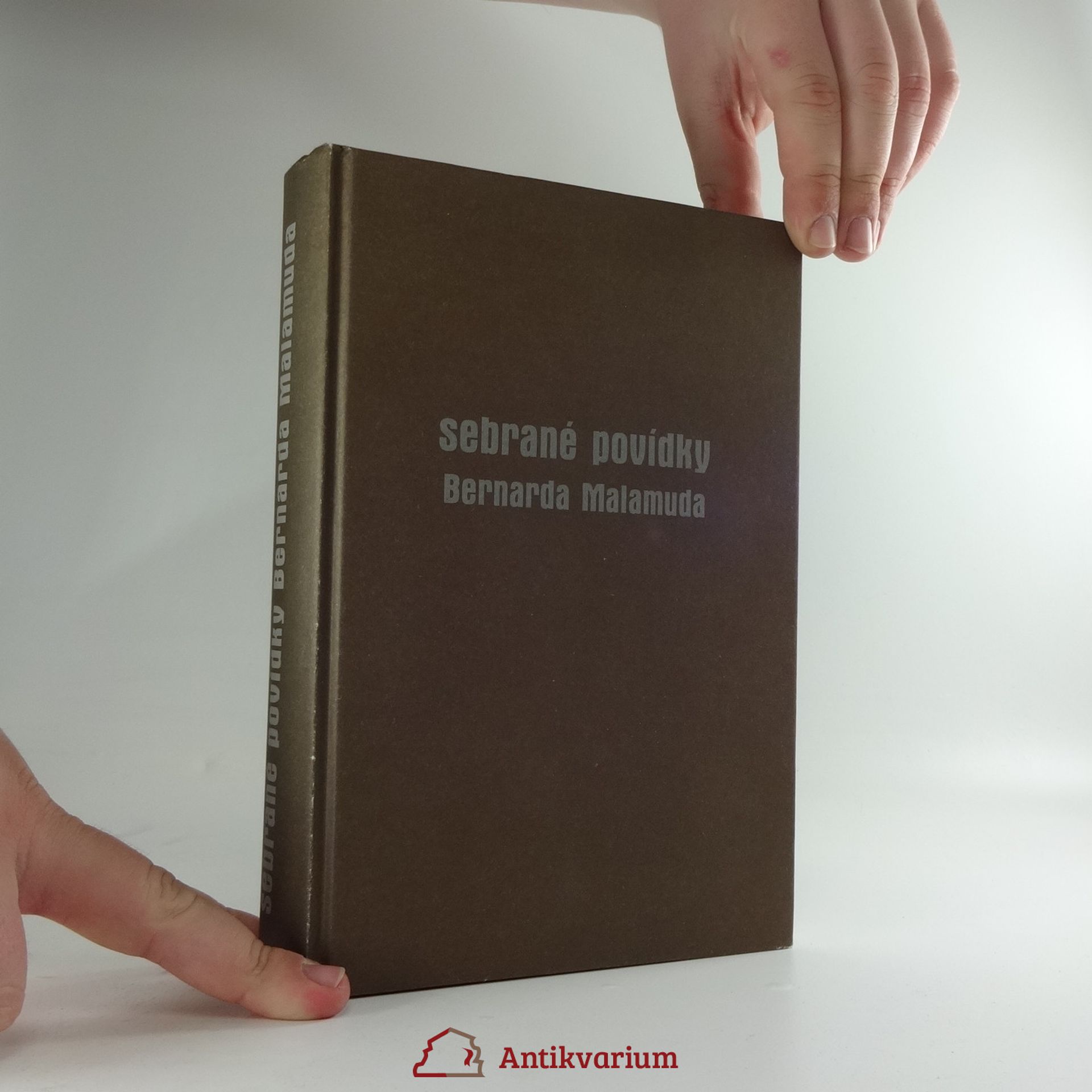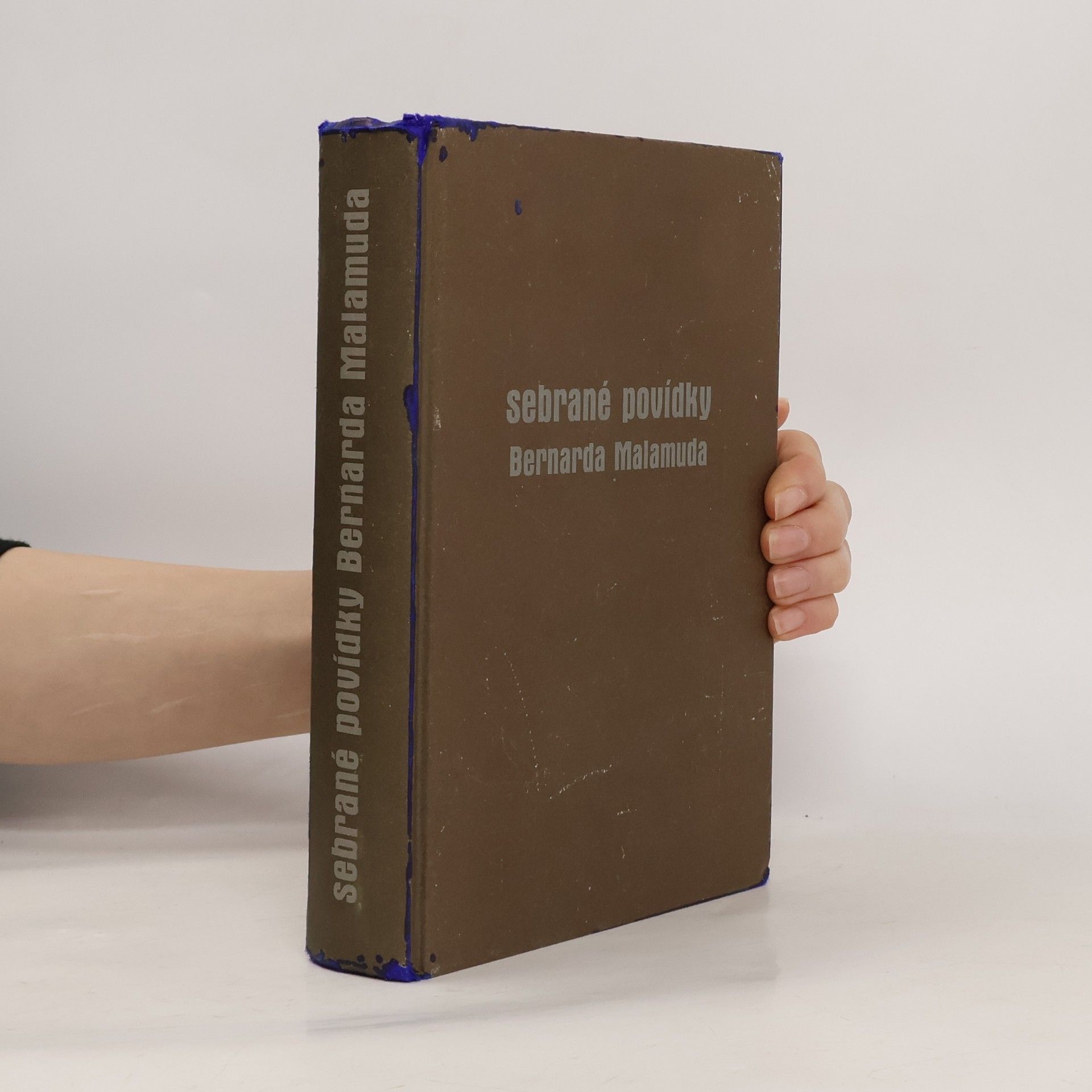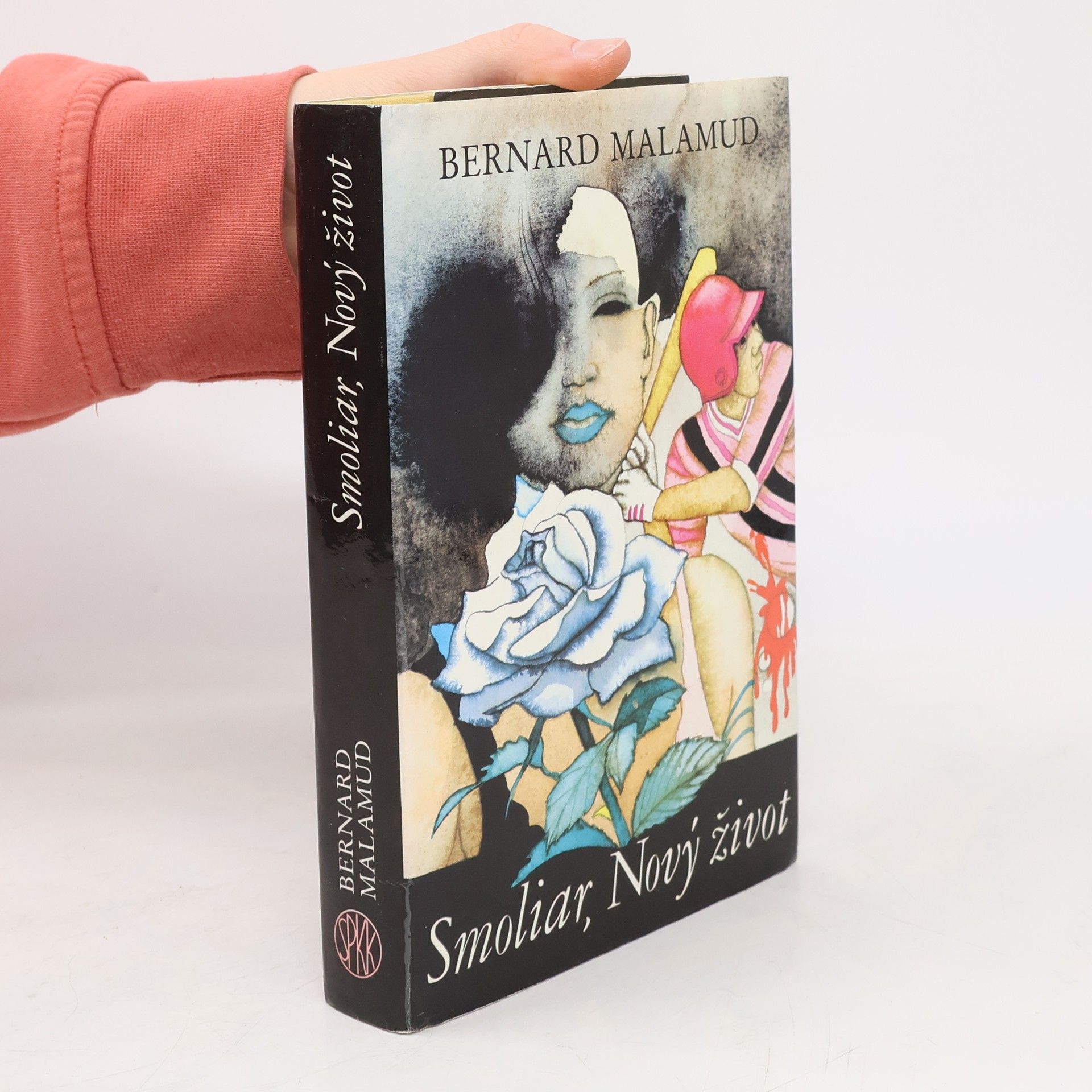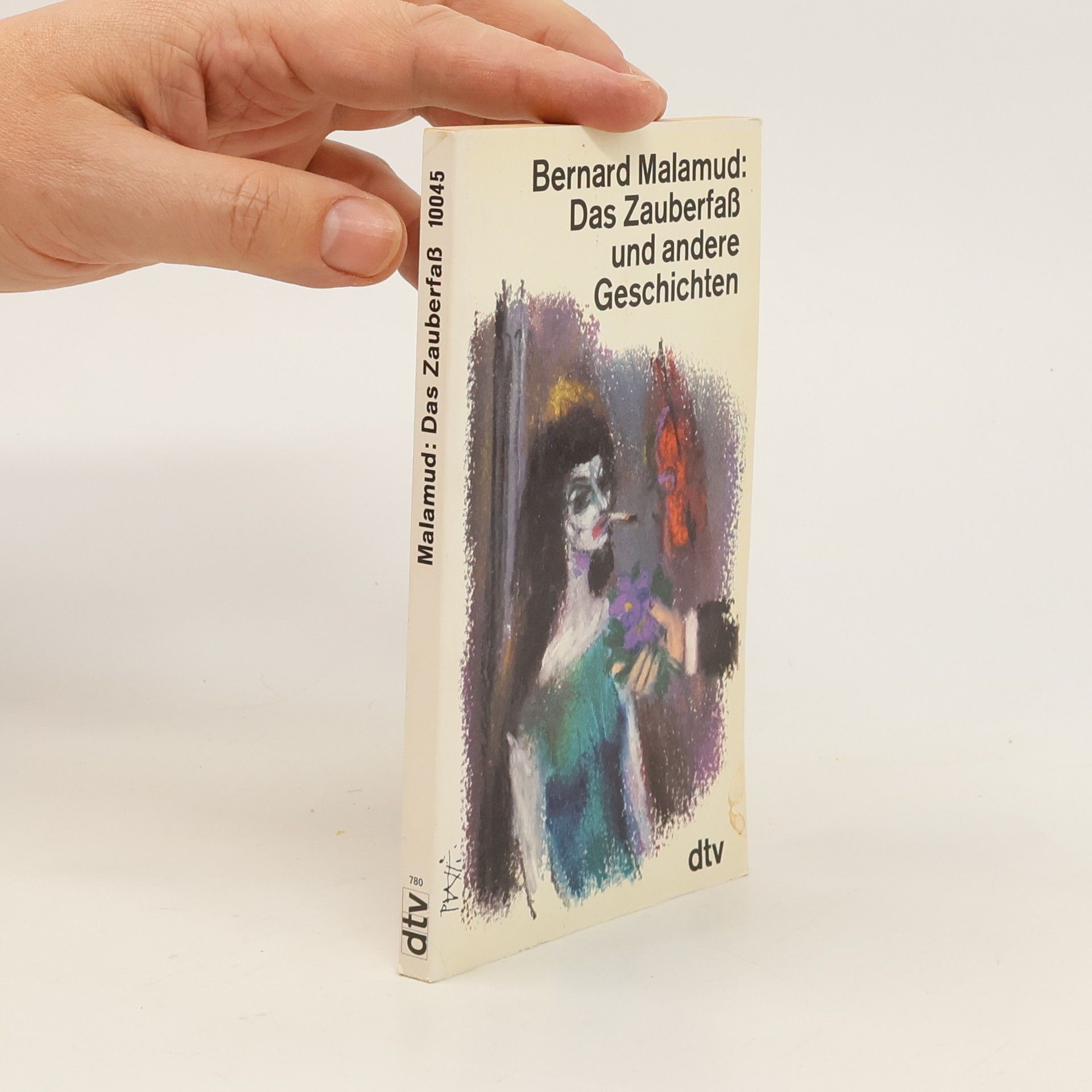Bernard Malamud Book order (chronological)
Bernard Malamud was an American author of Jewish heritage whose works often explore themes of identity, exile, and the search for meaning. His prose, marked by a blend of melancholic humor and sensitivity to human frailty, captures the complexities of modern life. He excelled at creating memorable characters navigating hardship while retaining their humanity and hope. Malamud's writing offers profound insights into the Jewish-American experience and the universal aspects of the human condition.

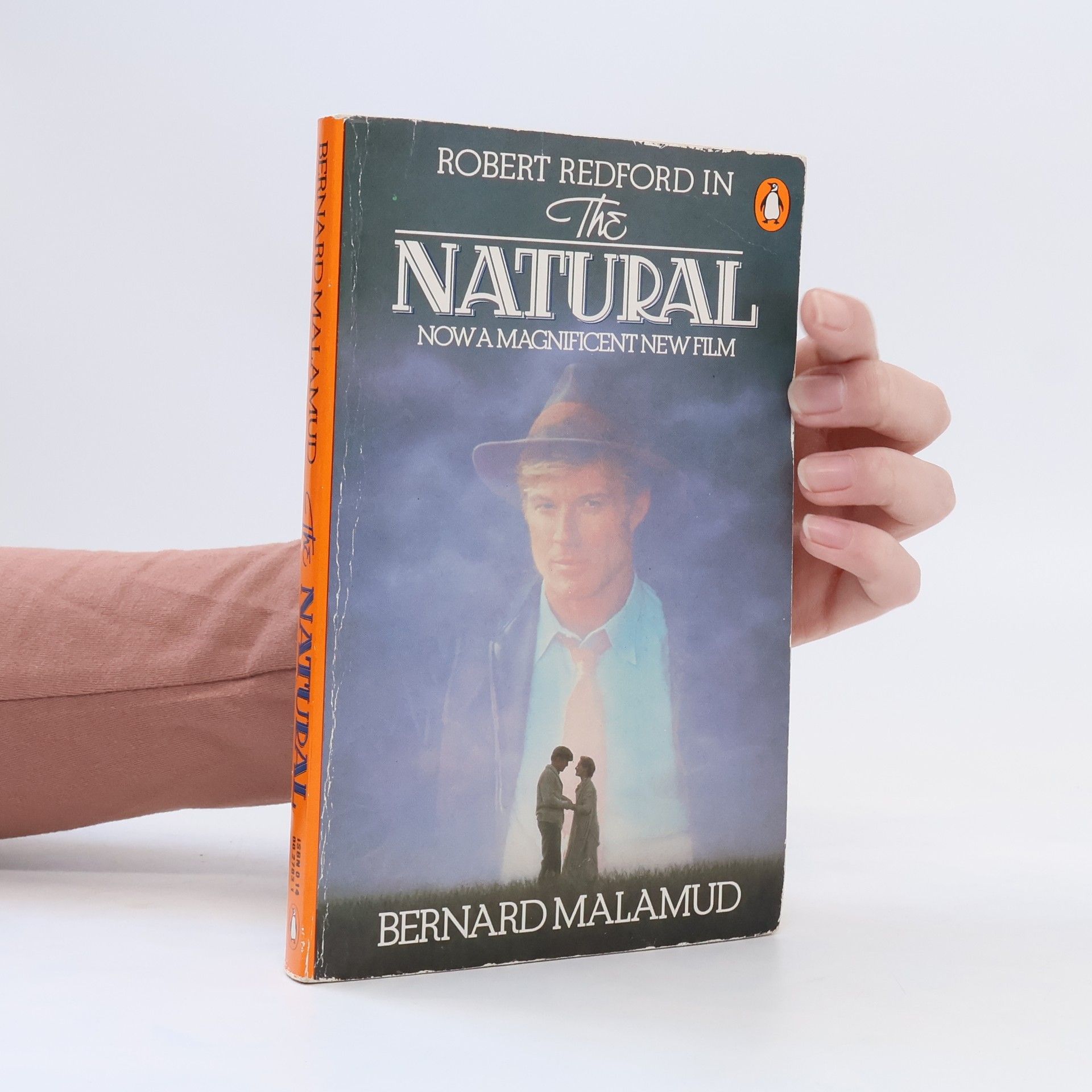
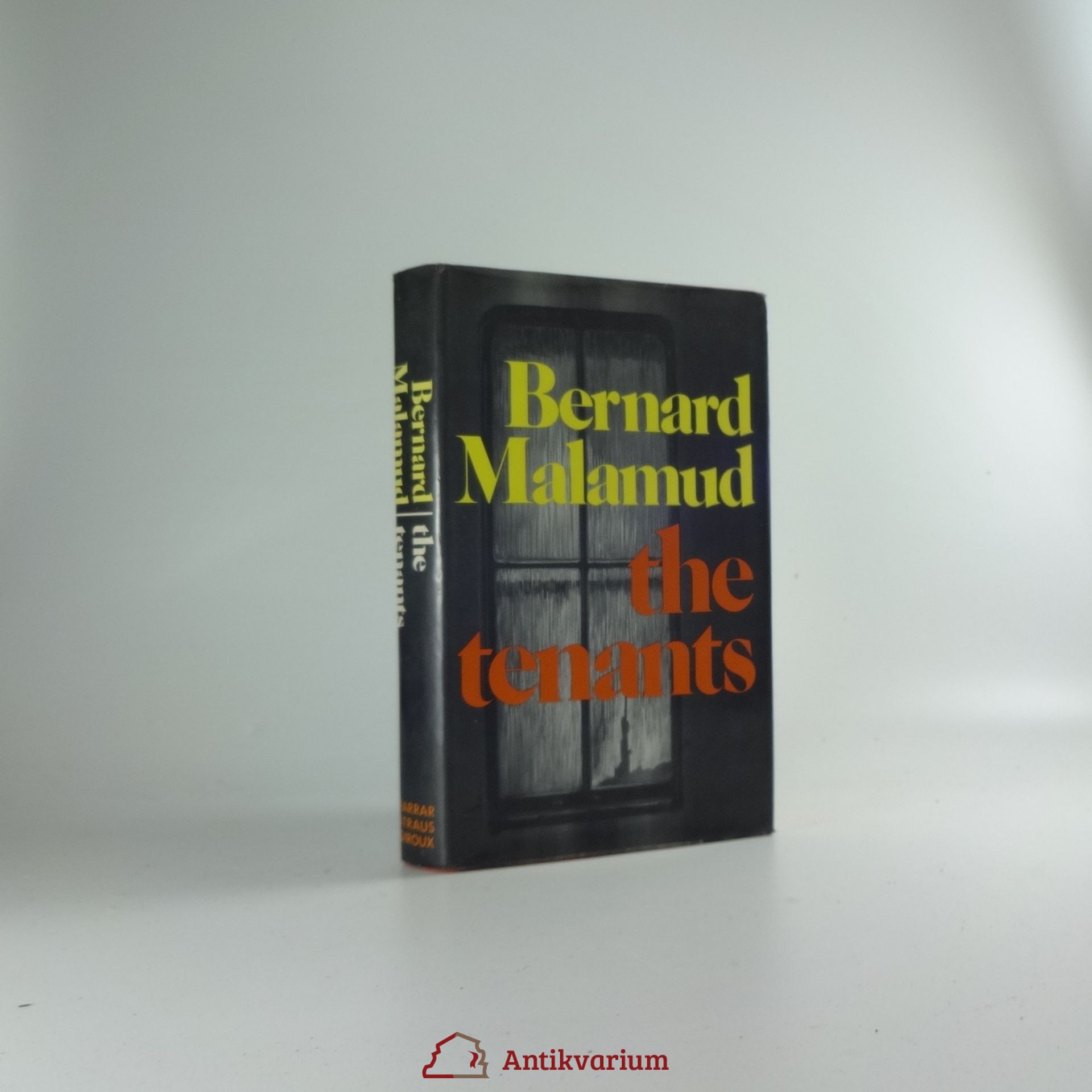
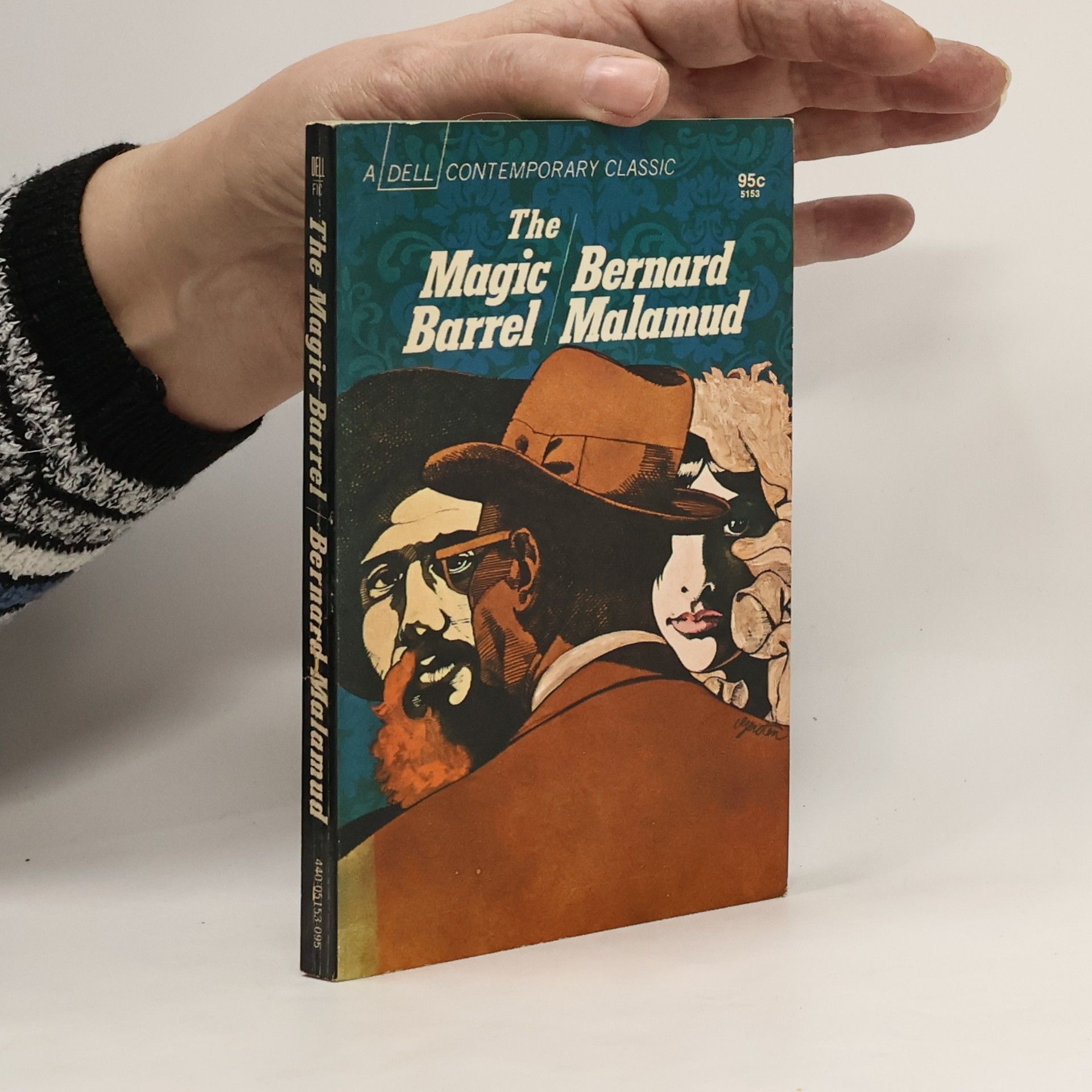
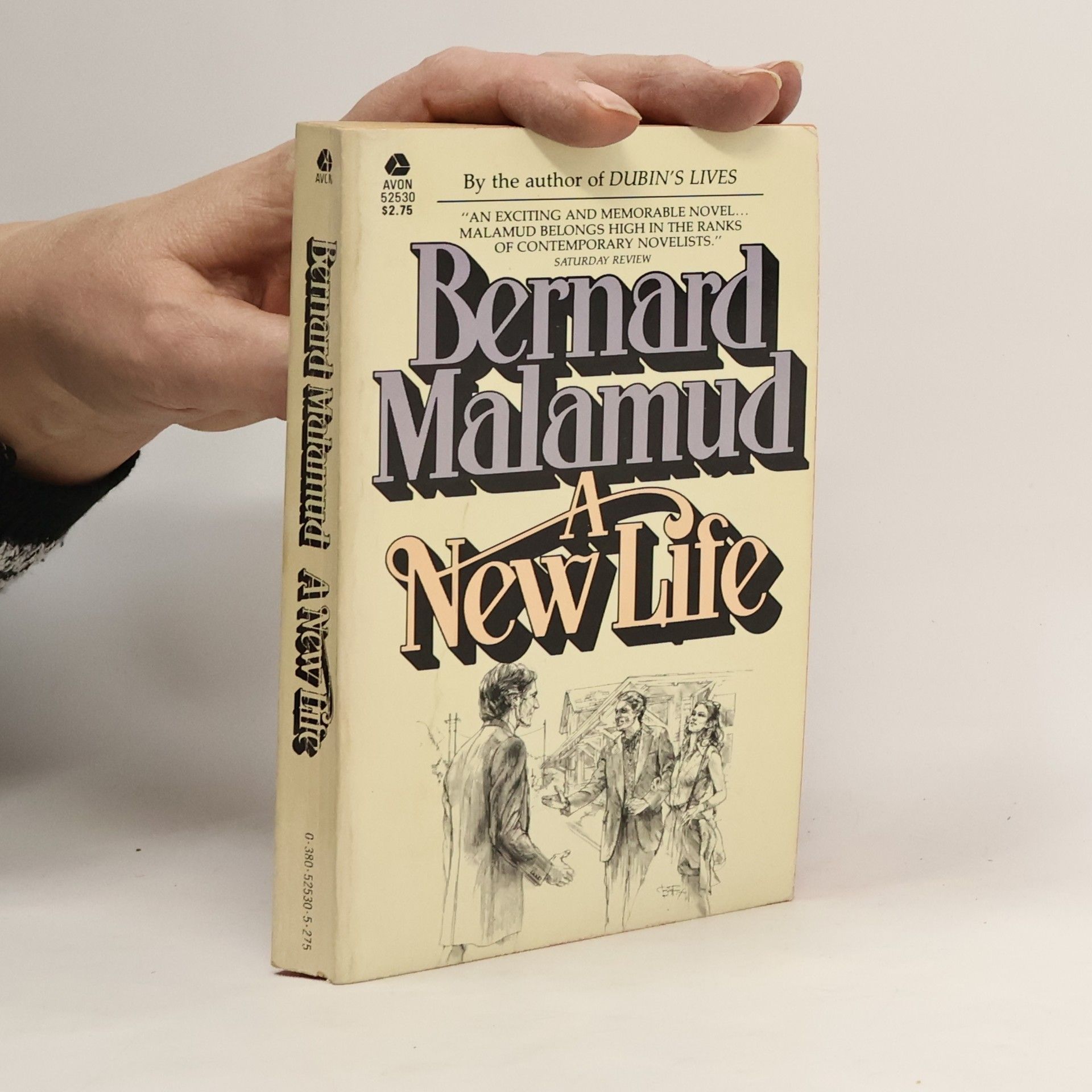
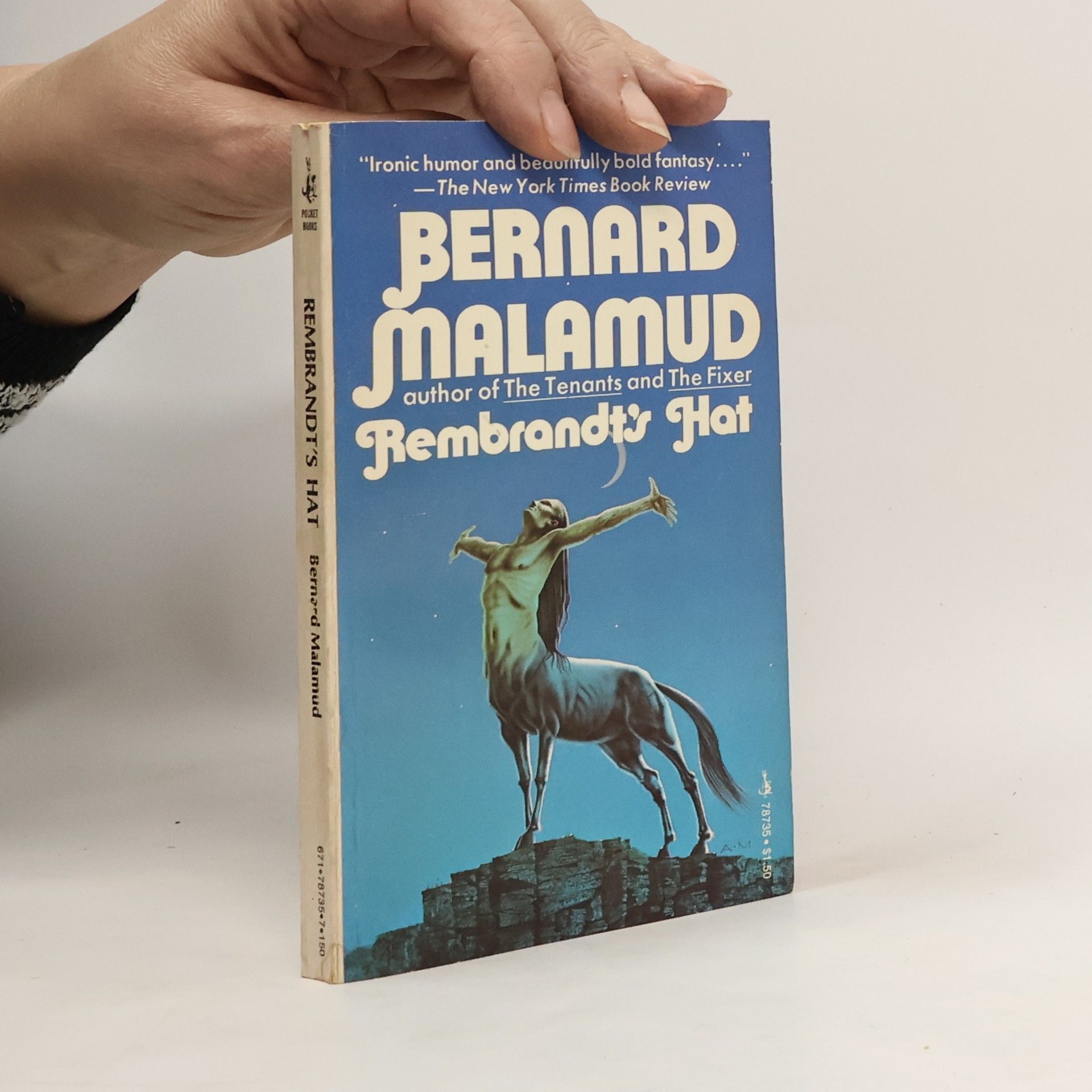

Winner of the National Book Award for FictionBernard Malamud's first book of short stories, The Magic Barrel, has been recognized as a classic from the time it was published in 1959. The stories are set in New York and in Italy (where Malamud's alter ego, the struggling New York Jewish painter, Arthur Fidelman, roams amid the ruins of old Europe in search of his artistic patrimony); they tell of egg candlers and shoemakers, matchmakers, and rabbis, in a voice that blends vigorous urban realism, Yiddish idiom, and a dash of artistic magic.The Magic Barrel is a book about New York and about the immigrant experience, and it is high point in the modern American short story. Few books of any kind have managed to depict struggle and frustration and heartbreak with such delight, or such artistry.
Pták židák
- 619 pages
- 22 hours of reading
Sebrané povídky Bernarda Malamuda představují první kompletní české vydání spisovatelových krátkých próz. Kniha obsahuje padesát pět povídek, z toho více než polovinu dosud nevydaných. Celý soubor Malamudových prozaických textů je co nejpřesněji uspořádán nikoli tak, jak vycházely, ale v posloupnosti, jak byly napsány.
Dubinovy životy
- 383 pages
- 14 hours of reading
Román jednoho z nejzajímavějších amerických prozaiků XX. století, napsaný v roce 1979. Hlavní hrdina – William Dubin – je distingovaný vypravěč středního věku, hledající klíč k sobě samému. Jeho manželství je stabilní, jeho život usedlý, spořádaný a zajištěný. Do té doby, než ho naruší jistá dívka, třiadvacetiletá Fanny. Dubinovy životy není pouhý milostný román, spíše jeden z nejhlubších portrétů manželství, ale také ostrá, přesná a výstižná kronika touhy – nejen, ale právě erotické touhy...
Povídkovou tvorbu tohoto nositele Pulitzerovy ceny mohli čeští čtenáři dosud znát pouze z jediného útlého výboru, který v roce 1966 vydal Odeon pod názvem Idioti mají přednost. Předkládaný povídkový výbor jednoho z nejoriginálnějších amerických autorů přináší práce, které bývají řazeny k vrcholům Malamudovy tvorby. Tragikomické příběhy nedůležitých židovských občánků amerického velkoměsta potvrzují autorovo mistrovství, pro které jej Josef Škvorecký srovnává s A. P. Čechovem či H. G. Wellsem.... celý text
Smoliar. Nový život
- 416 pages
- 15 hours of reading
Obidva romány čerpajú z odlišných prostredí, jedno ich však spája a tým je sústredenie optiky na jednoduchého, obyčajného človeka, ktorému sa nič nedarí. Hrdinom románu Smoliar (1952) je baseballová hviezda Roy Hobbs ktorý ťažko znáša pozadie profesionálneho športu... V románe Nový život (1961) Seymour Levin ktorý sa v päťdesiatych rokoch minulého storočia potýka s ťažkosťami profesionálneho postupu a vzťahu k manželke svojho šéfa...
Selected Stories
- 368 pages
- 13 hours of reading
Compassionate and profound in their wry humor, this collection of stories captures the poetry of human relationships at the point where reality and imagination meet.
Für diesen Geschichtenband erhielt Bernard Malamud 1959 den American National Book Award, den höchsten amerikanischen Literaturpreis. Dieser ungewöhnlichen Auszeichnung stimmt der Leser zu. Die Lust des Erzählens, so kunstvoll dargeboten, macht alle Vorurteile gegen »bloße Erzählungen« zuschanden. Erzählungen sind Ur- und Quellstoff der Literatur.

